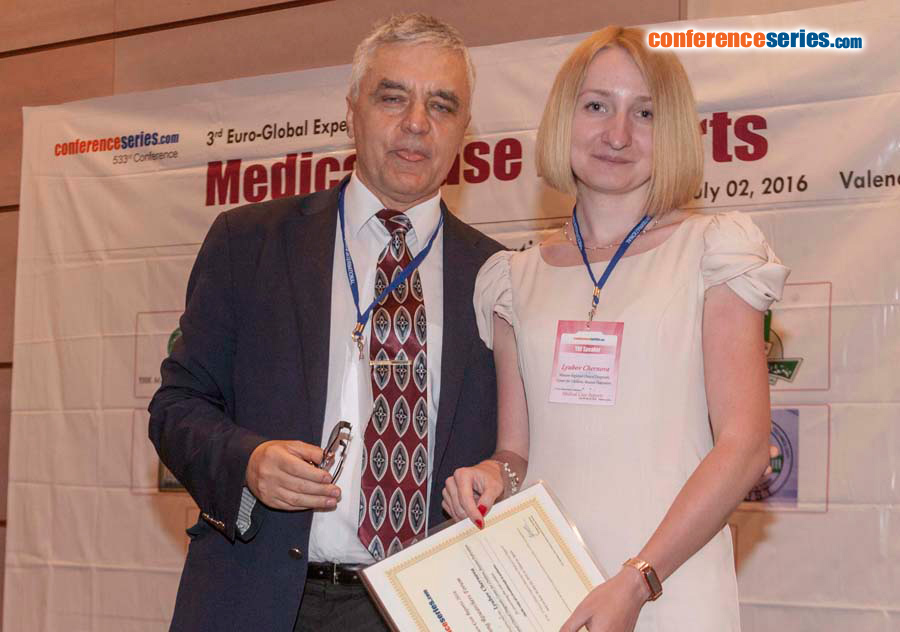
Lyubov Chernova
Moscow Regional Clinical Diagnostic Center for Children, Russia
Title: On the verge of a breakthrough in pediatrics
Biography
Biography: Lyubov Chernova
Abstract
It is now clear that standard protocols for examining pediatric patients do not provide proper level of medical care. Th e latest advances in genomics, proteomics, metabolomics and bioinformatics allow creation of a fundamentally new integrated approach, which applies a ‘predictive, preventive and personalized’ model of care to pediatric practice. Personalized medicine successfully utilizes data obtained from an individual’s genome sequencing. Next generation sequencing has shift ed genetic research from the analysis of separate genes to the parallel studying of hundreds of genes and pathological ways of diseases. Th is same technique provides breakthrough possibilities in molecular diagnostics such as a quick identifi cation of causal mutations, comparative genomic analysis, ability to search for non-random associations between a disease and mutations and identifi cation of new pathological pathways. Th is review, based off of specifi c clinical cases, demonstrates the relevance and practicability of using PPPM concepts in pediatrics. Application of the PPPM approach in pediatrics will help ensure successful prenatal diagnosis of diseases, improve the methods of neonatal screening, promote wider implementation of genetic counseling and develop personalized treatment plans and management of pediatric patients, hence improving prospective results of treatment. Results of such an approach will inevitably lead to a reduction of morbidity and mortality among children. However, the actual question is how to best integrate data obtained from NGS with the personalized medicine approach. Th is question directs us to bioinformatics, which applies high-throughput modeling to support the clinical diagnosis and development of novel treatment strategies in pediatrics.





